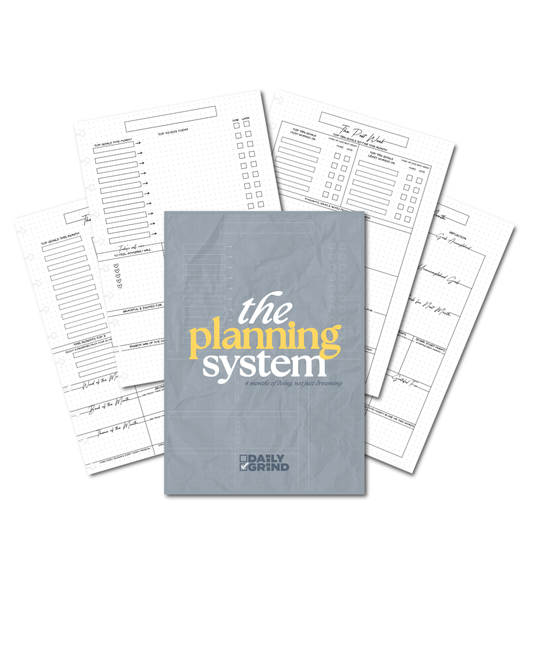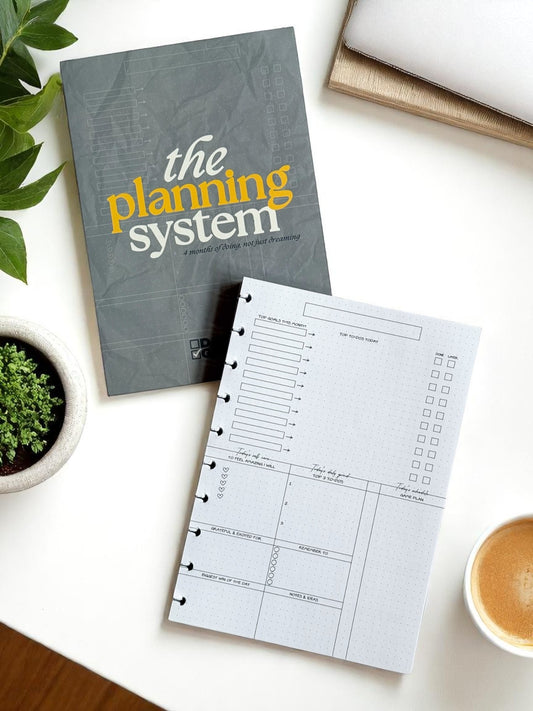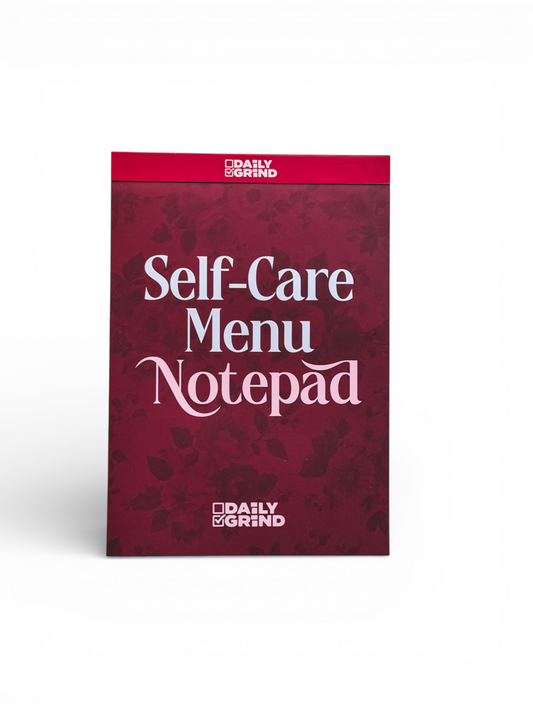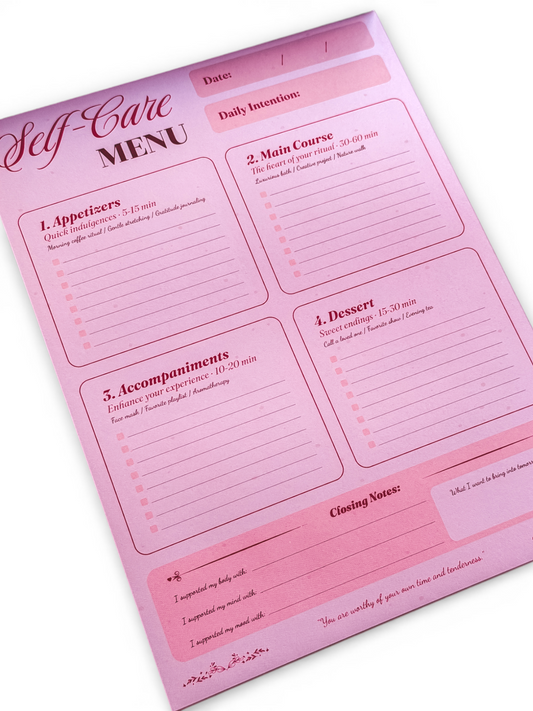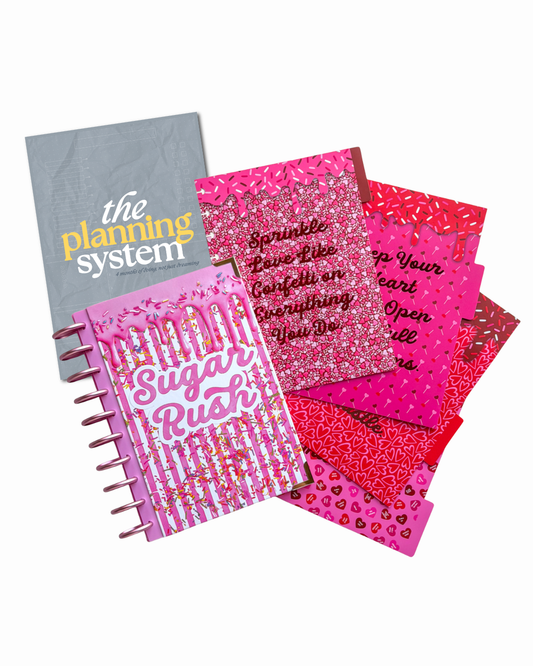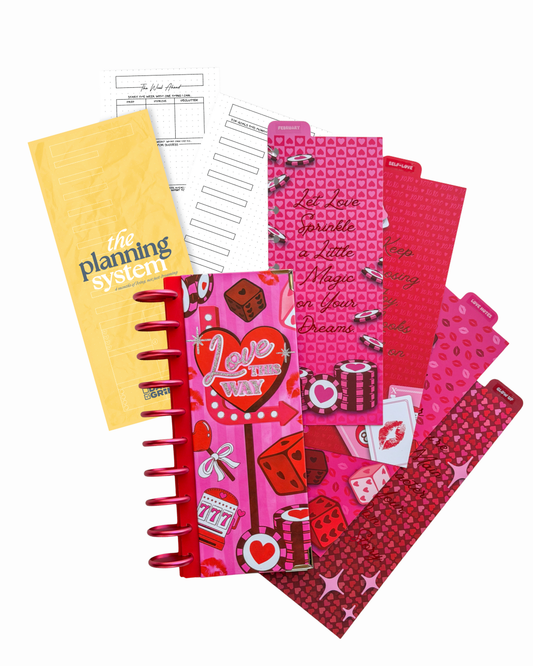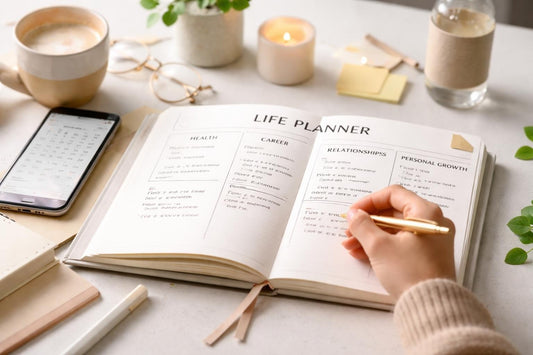
How To Create A Back To School Routine
The back-to-school season can be a tough transition for anyone after a relaxing summer. However, with a little intentional planning, you can establish a routine that sets you up for a successful and stress-free school year! Here’s how to create your back to school routine:

1. Start with a Solid Sleep Schedule
- Why It Matters: Sleep is crucial for focus, memory, and overall well-being. During summer, sleep schedules often become more relaxed, but the school year demands a return to regularity.
- How to Adjust: Begin adjusting your sleep schedule at least a week before school starts. Gradually go to bed and wake up earlier, aiming for 7-9 hours of sleep. Consistency is key, so stick to the same sleep and wake times, even on weekends.
2. Plan and Prep the Night Before
- Why It Matters: Mornings are often hectic, and a rushed start can set a stressful tone for the day.
- How to Adjust: Lay out clothes, pack lunches, and organize backpacks the night before. Set aside time in the evening to review the next day’s schedule, including any after-school activities or appointments. This simple step can make mornings smoother and less stressful.
3. Create a Morning Routine
- Why It Matters: A structured morning routine helps you start the day on the right foot, ensuring that you’re physically and mentally prepared for the day ahead.
- How to Adjust: Establish a sequence of morning activities—waking up, washing up, eating breakfast, and heading out the door. Keep it consistent, and allocate enough time for each task to avoid the need to rush.
4. Set Clear Goals and Priorities
- Why It Matters: Having clear goals helps to keep you focused and motivated throughout the school year. It also helps to prioritize tasks, so you know what to focus on and when.
- How to Adjust: At the start of the school year, sit down and write out your goals. These could be academic, personal, or extracurricular. Break them down into actionable steps and set deadlines for each. Review your goals regularly to stay on track.
5. Use a Planner or Calendar
- Why It Matters: Keeping track of assignments, tests, and activities is essential for staying organized and avoiding last-minute stress.
- How to Adjust: Choose a planner or digital calendar that works for you. Write down all important dates, such as exams, project deadlines, and extracurricular events. Color-coding by subject or activity can help make the calendar easier to read. Regularly update your planner to stay on top of your schedule.
6. Build in Time for Homework and Study
- Why It Matters: Consistent study habits are key to academic success. By setting aside specific times for homework, you can avoid cramming and reduce stress.
- How to Adjust: Dedicate a specific time each day for homework and study. Choose a quiet, distraction-free space where you can focus. Break study sessions into manageable chunks, with short breaks in between to avoid burnout.
7. Incorporate Physical Activity
- Why It Matters: Exercise boosts mood, energy levels, and concentration, all of which are important for academic performance.
- How to Adjust: Find a form of exercise you enjoy and make it a regular part of your routine. This could be a morning jog, after-school sports, or even a daily walk. Aim for at least 30 minutes of physical activity each day.
8. Make Time for Relaxation and Hobbies
- Why It Matters: Balancing schoolwork with relaxation and hobbies is important for maintaining mental health and avoiding burnout.
- How to Adjust: Schedule regular downtime in your week. Whether it’s reading, drawing, playing music, or hanging out with friends, make sure you’re doing something that helps you unwind and recharge.
9. Stay Flexible
- Why It Matters: Life is unpredictable, and even the best-laid plans can go awry. Flexibility helps you adapt to changes without getting overwhelmed.
- How to Adjust: While routines are important, be open to adjusting them as needed. If something isn’t working, don’t be afraid to tweak your schedule until you find a routine that fits.
10. Review and Reflect
- Why It Matters: Regular reflection helps you assess what’s working in your routine and what might need adjustment.
- How to Adjust: At the end of each week or month, take a few minutes to review your routine. Ask yourself what went well and what didn’t. Use these reflections to make any necessary adjustments to your schedule.
Getting into a new routine for back-to-school doesn’t have to be overwhelming. With a bit of planning and flexibility, you can create a routine that supports your goals and well-being throughout the school year. Start small, be consistent, and don’t forget to make time for the things you enjoy. Here's to a successful and stress-free school year!

